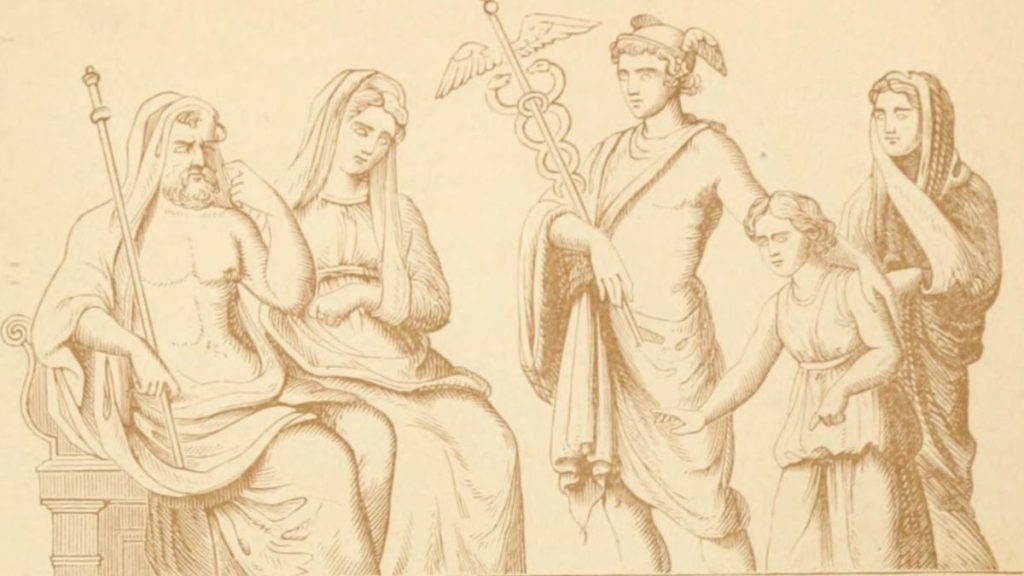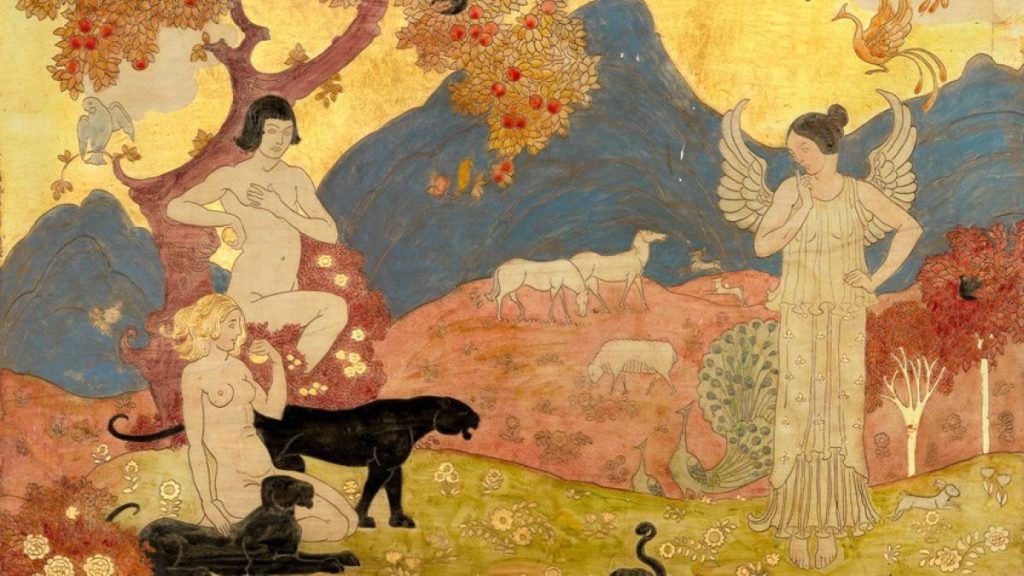What had once been a celebration of divine femininity became a story of malevolent sorcery.
Others are reading now
For centuries, Friday the 13th has been seen as a harbinger of misfortune in much of the Western world.
The Enduring Mystery of Friday the 13th

Alongside superstitions like black cats crossing your path or breaking a mirror, the date’s reputation for bad luck remains stubbornly ingrained, even if few can pinpoint its exact origins.
The fear even has a name: paraskevidekatriaphobia.
A Calendar Quirk Makes It More Common Than You Think

Thanks to the quirks of the Gregorian calendar, the 13th of any month is more likely to fall on a Friday than any other day of the week.
But superstition isn’t universal: In Greece and Spanish-speaking countries, it’s Tuesday the 13th that’s feared; in Italy, it’s Friday the 17th.
Also read
Norse Mythology’s Dark Dinner Party

One possible root of the superstition comes from Norse legend. Loki, the god of mischief, crashed a banquet in Valhalla, becoming the 13th guest.
He tricked the blind god Hodr into killing his brother Balder, the beloved god of light and joy. The tragedy cemented the number 13’s ominous status in myth.
The Last Supper’s Betrayal

Christian tradition added another layer. At the Last Supper, Judas Iscariot, the 13th guest, betrayed Jesus, leading to his crucifixion on Good Friday.
From there, both the day and the number became entwined with bad fortune in Western religious lore.
From Adam and Eve to Noah’s Ark

Biblical tradition paints Fridays in an even darker light. Legends claim it was on a Friday that Adam and Eve ate the forbidden fruit, Cain murdered Abel, the Temple of Solomon fell, and Noah set sail during the Great Flood.
Also read
The Modern Invention of a “Cursed” Date

The specific fear of Friday the 13th didn’t emerge until the 19th century. Victorian writers combined the unlucky day and number into one superstition, popularized by Thomas W. Lawson’s 1907 novel Friday, the Thirteenth. The story of a broker exploiting the date to crash the stock market brought the myth into pop culture.
Hollywood Horror and Conspiracy Theories

The superstition went global with the Friday the 13th slasher films of the 1980s, introducing the world to hockey-masked killer Jason Voorhees.
Dan Brown’s The Da Vinci Code later stoked the myth with a false claim linking the superstition to the 1307 mass arrest of the Knights Templar.
A Pagan Past of Luck and Love

Long before Christianity, both Fridays and the number 13 carried positive associations. In Norse culture, Friday was linked to Frigg, goddess of love, marriage, and motherhood.
The number 13 echoed the lunar and menstrual cycles, symbols of fertility and feminine power in pagan traditions.
Also read
Patriarchal Rebranding into Bad Luck

As Christianity spread, it demonized pagan symbols. Frigg was recast as a witch, said to meet with 11 other witches and the devil, making 13, to plot mischief every Friday.
What had once been a celebration of divine femininity became a story of malevolent sorcery.
Reclaiming the Number 13

Today, some are pushing back against the date’s bad reputation. Taylor Swift famously calls 13 her lucky number, linking it to milestones in her career. With growing awareness of how misogyny shaped the superstition,
Friday the 13th may yet shed its shadow and reclaim its place as a symbol of luck and power.


